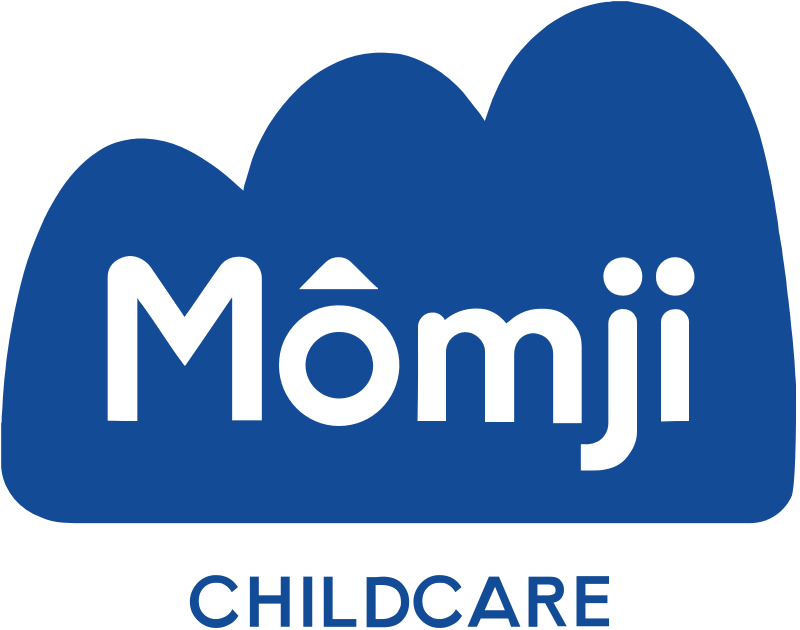Emma, from the French blog Devenir Bilingue, interviewed two bilingual babysitters who worked for Speaking-Agency, to understand how babysitting in a foreign language works, as well as its importance in the development of the child.
Two babysitters were interviewed:
Aïda, an English nanny taking care of kids right afterschool pick-up, who takes care of two little girls, of 4 and 6 years old, from 4:30 p.m. to 6:30 p.m. Communication is therefore done in English and day-care babysitting remains similar: games at the park when the weather is nice, homework, etc.
And Cydney, who has done bilingual babysitting twice a week (5 hours weekly). When she arrived, the little girl was 3 years old and is 5 today.
Devenir Bilingue asked them several questions.
Do the children have difficulties or a time of adaptation?
Aïda: At the beginning, you always have to allow a time for adaptation. Children should not feel lost but get used to it gradually. Depending on the situation, it is necessary to introduce words in English: for example, during snack time, start naming the food, or the utensils used.
Cydney: yes, it was a bit difficult at first: getting started is never easy. But the little girl was motivated because she had schoolmates who already spoke English. So, she made progress step by step. Bilingual babysitting twice a week may not be enough: it is better to do it every day (at least 5 times a week).
Aïda: the parents do not want the children to be rushed. The goal is not to scare them, which would discourage them soon enough. It is important to keep in mind that many children like to stay in comfort or are sometimes shy. Babysitters must not give up: learning will take some time.
According to you, what are the best activities to learn a new language?
Cydney: the little girl I looked after loved to sing (Frozen for example), or play Lego.
Aïda: I recommend introducing English into everyday activities: colouring, puzzle.
Doing these activities in English by teaching the colours and the materials used. It transposes a new language into their everyday life. Your children should not see it as homework, but as a game: they learn without realizing it.
How did you learn English?
Aïda: As far as I am concerned, I have some of my family abroad (in the United States) who speak English with me since I’m a child. In addition, I am studying English at the Sorbonne. So I have always immersed myself in this English-speaking world. Speaking-Agency is looking for this kind of experience and tests our abilities in classic and bilingual babysitting during the interview.
Cydney: I'm American, so English is my mother tongue, and I started learning French in high school, and carried on learning it during my studies. I have been living in France for four years and have just obtained a Master in Psychology and Development. Child development issues (including language learning) are therefore familiar to me.
What resources have been provided by Speaking-Agency?
Aïda: Speaking-Agency provides us with activity kits to do with children, such as a fruit memo in English and French. Once families have received this kit: parents can keep practicing the activity with their children, even when the babysitter is gone.
Is there a follow-up with the agency?
Aïda: Yes. Speaking-Agency organizes monthly lunchtime workshops: we can meet other babysitters and chat. There is a real follow-up from our employers.
Cydney: I could have done this on my own, but I'm glad I went through an agency: they help us in case of issues and offer activities to do with the children.
Any advice for parents who are still hesitating?
Aïda: learning a language can get very complicated if you start as an adult. When you’re a kid, you assimilate new vocabulary much more quickly. And nowadays, people who speak several languages are in great demand, especially in the workplace.
Cydney: I think it's very important for children to meet people who speak languages other than their own. For example, in the family where I worked, I spoke to the little brother in English while he was still a baby. Today, he understands even better than his sister, because he was immersed younger.
You can watch the video (in French) below:




